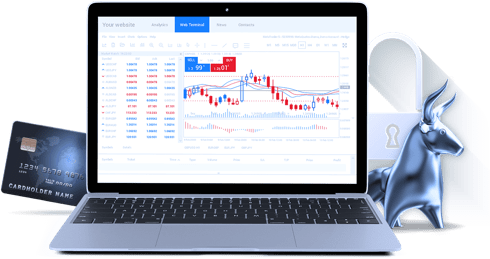
Contracts for Difference (CFDs) have emerged as a popular trading instrument for individuals seeking short-term profit opportunities. They offer unique benefits that make them particularly attractive to traders looking for flexibility and quick gains in volatile markets. Here’s an overview of how cfd trading can be leveraged for short-term trading success.
Leverage for Enhanced Profit Potential
One of the most compelling features of CFDs is the ability to trade on margin. This means you only need to deposit a fraction of the total trade value, giving you significantly greater market exposure. For short-term traders, this leverage can amplify potential returns from even small price movements in the underlying asset. However, it’s crucial to note that while leverage increases profit potential, it can also magnify losses.
Profit from Both Rising and Falling Markets
Unlike traditional investments that rely solely on bullish markets, CFDs allow traders to take positions on both price ascents and price declines. If you predict that a stock’s value will drop, you can open a short position. This ability to go both long and short provides substantial flexibility, especially in unpredictable or bearish markets, creating opportunities for profit regardless of market direction.
Broad Market Access
CFDs grant access to a diverse range of markets, including stocks, indices, commodities, forex, and cryptocurrencies. This wide selection allows traders to diversify their portfolios and capitalize on short-term opportunities across multiple asset classes. The availability of global markets ensures that traders can find opportunities anytime, day or night.
Tight Spreads and Low Transaction Costs
CFD trading platforms often offer competitive spreads and low transaction fees, making them ideal for traders focused on short-term positions. Lower costs mean traders can execute frequent trades without eroding their potential profits, a crucial factor for successful day trading.
Quick Execution and Real-Time Trading
CFDs are known for their rapid order execution speeds. Traders can act quickly on market fluctuations, which is essential for taking advantage of short-term volatility. Additionally, real-time price tracking ensures that decisions can be made instantly based on current market data.